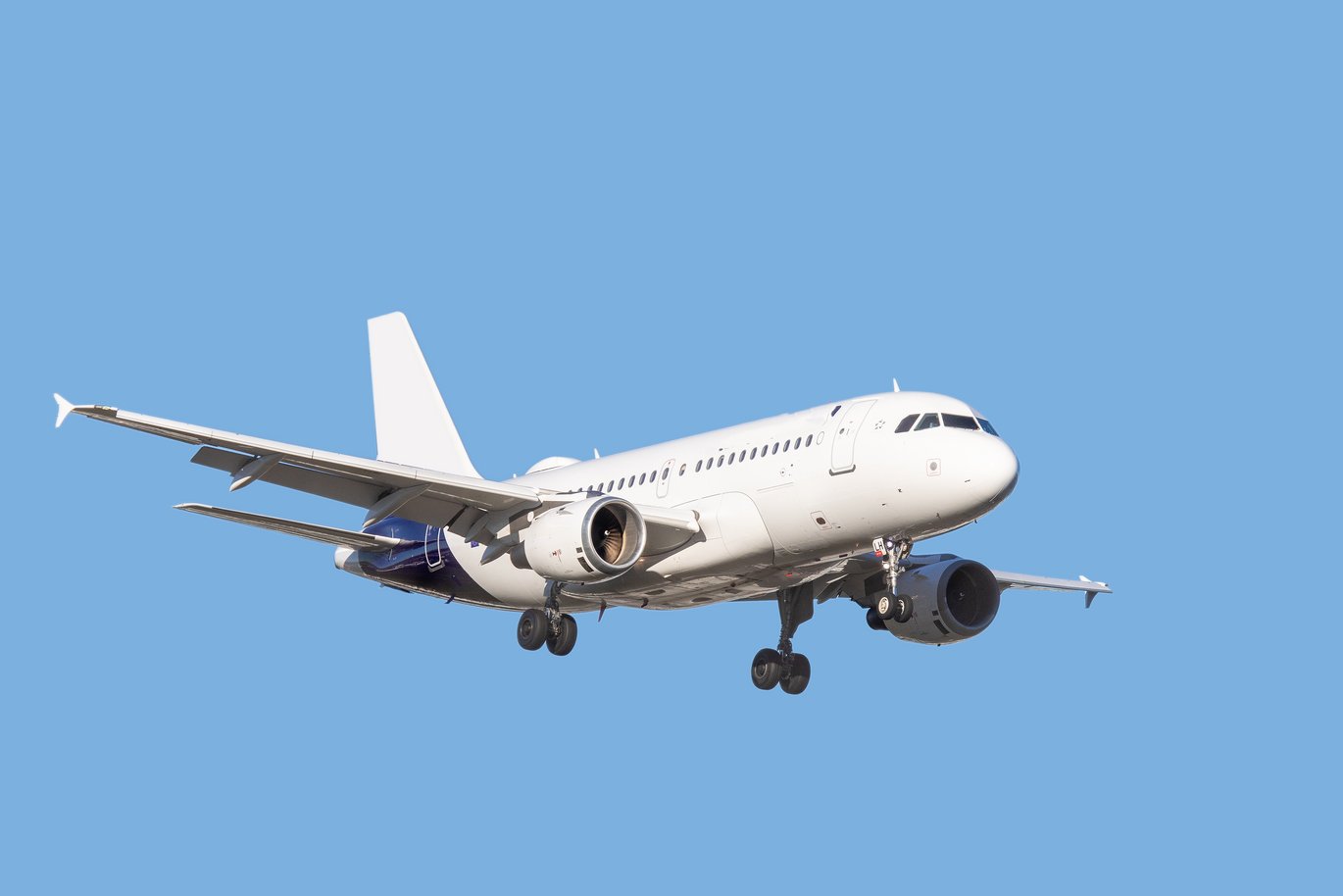New Principles for Reducing Air Travel are to Bring Nat Closer to Climate Goals
Aarhus University aims to reduce the carbon footprint from air travel by 30%. The Nat faculty leadership has adopted principles that faculty members can rely on when planning their trips. Read them here.

According to Aarhus University's Climate Strategy, air travel accounts for a significant portion of our total CO2 emissions. Therefore, the university has set a goal to reduce the carbon footprint from air travel by 30% by 2025 compared to 2018.
In line with this goal, the Nat faculty leadership has recently adopted six principles for reducing air travel at the faculty. Dean Birgit Schiøtt hopes that these principles will assist faculty members:
“If we are to meet our climate goals, we all need to reconsider air travel before purchasing tickets. Even though it may feel like a challenge or a hindrance, I hope these principles can serve as a helpful guide in making those considerations,” she says.
The new principles were formulated following an initial discussion of possible principles by the faculty leadership and subsequent local discussions at the institutes.
The six principles for reducing air travels at NAT
1. No domestic air travel, unless it is as part of a trip abroad. The head of secretariat can make an exemption in special cases.
2. It is a quality that Master's and PhD defences are held with physical participation. In the case of Master’s defences, alternatives to air travel must be sought. For PhD defences, it is encouraged that at least one opponent is physically present, and that any overseas opponent participates virtually.
3. For shorter distances in Europe, air travel must be avoided. However, consideration is shown for travel time in relation to work-life balance and any total additional costs and CO2 accounting for other forms of transport.
4. The first meeting in new collaborations can be held physically. After this, the need to meet physically must be carefully considered.
5. Stopovers for air travel should be avoided as far as possible.
6. Departments should prioritise their travel-intensive activities, i.e. consider the weighting between, for example, on-site visits to major infrastructures and facilities, data measurements and data collections, and intercontinental meetings and conferences.